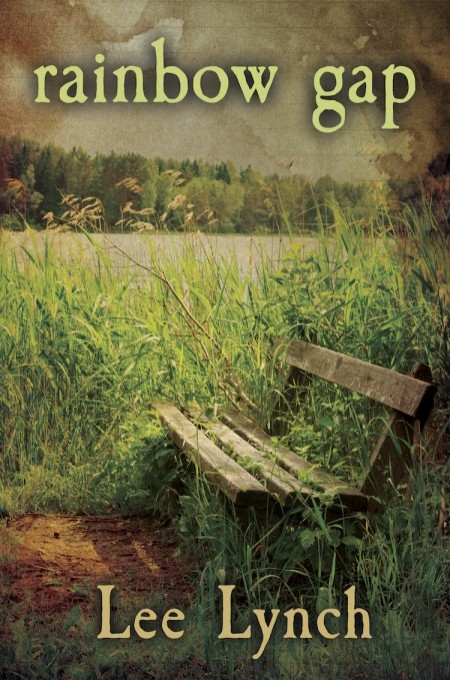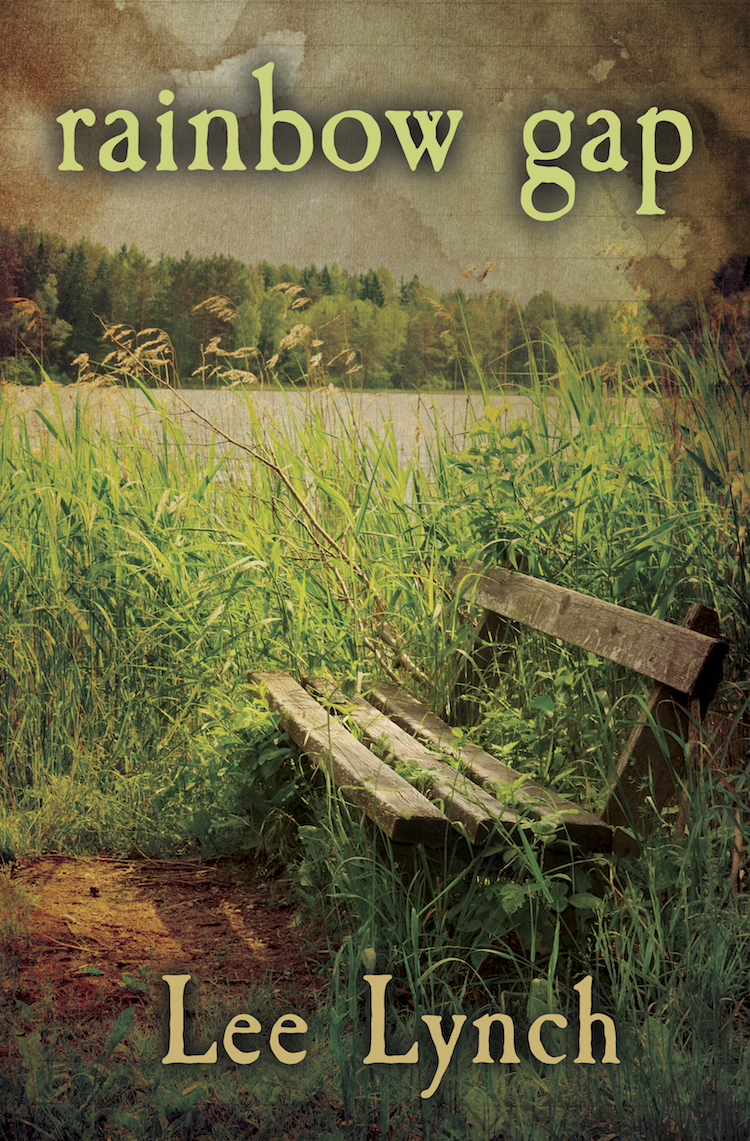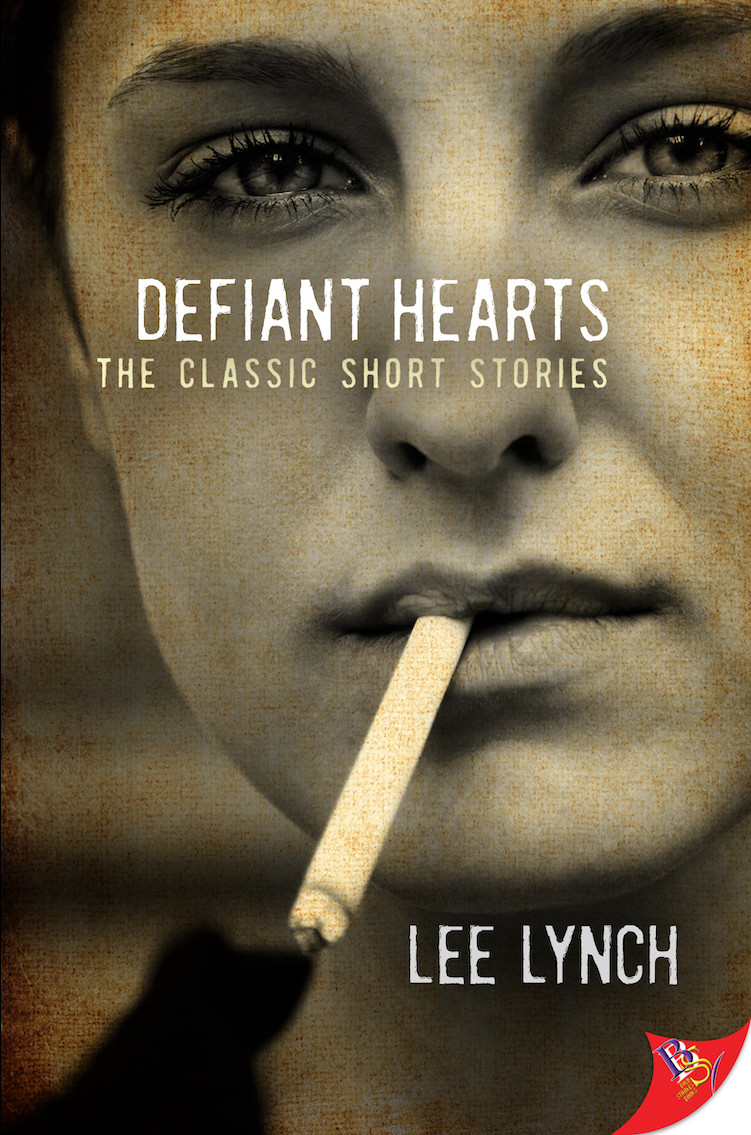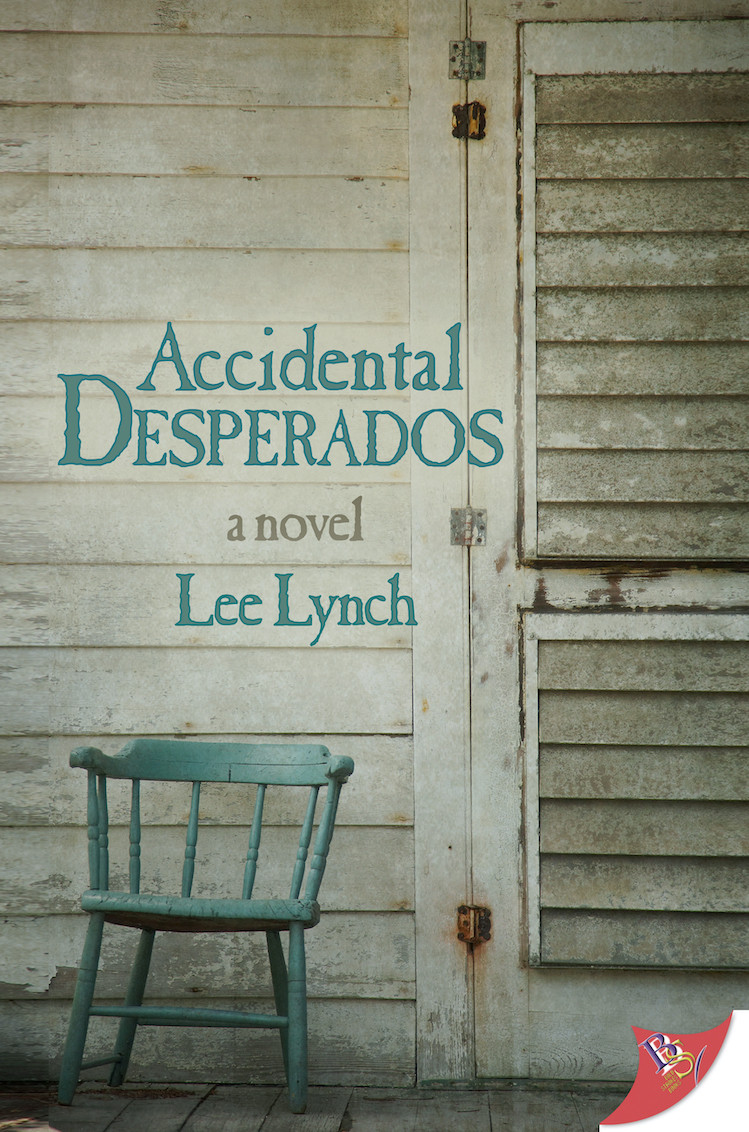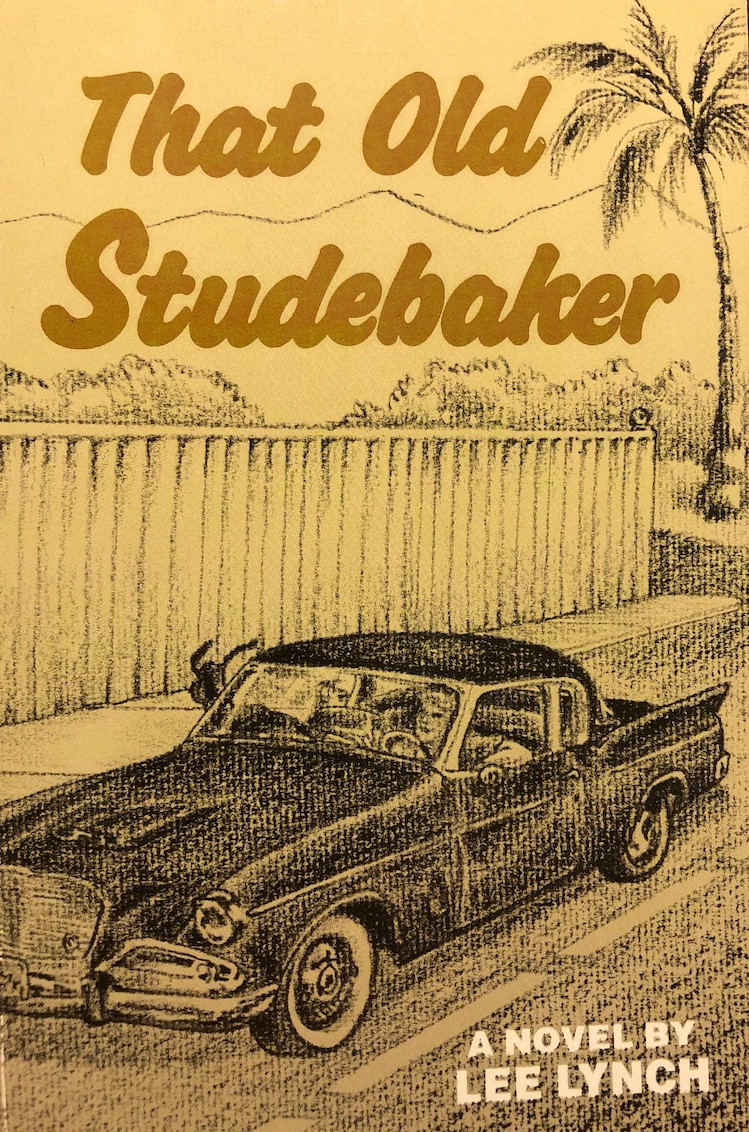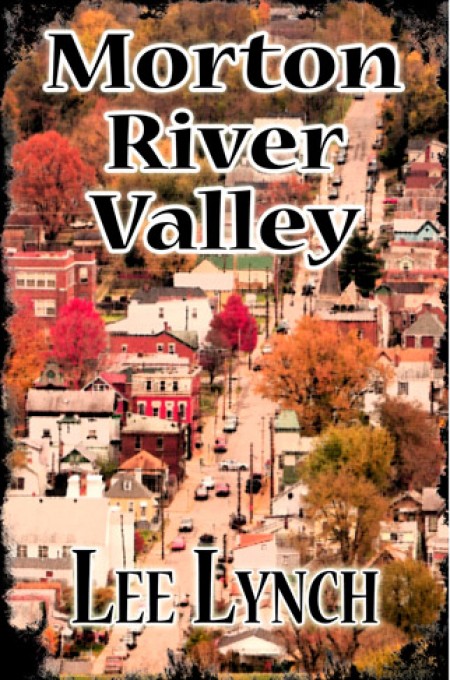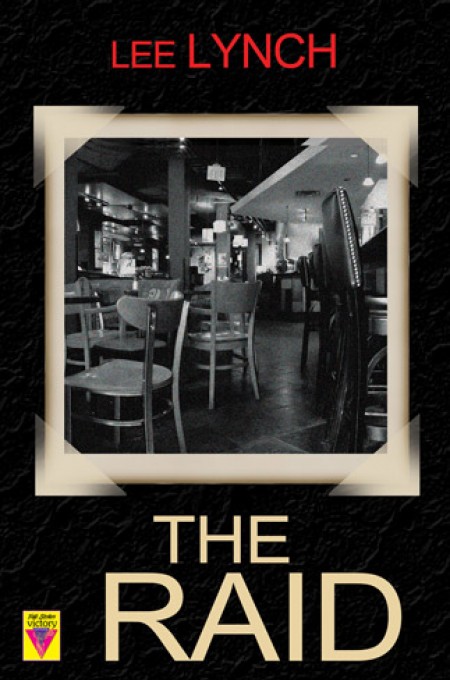Rainbow Gap by Lee Lynch is a book so exquisite that I just want everyone to go read it. Like, seriously, stop reading this review, buy it and read it right now.
Jaudon Vicker and Berry Garland have always known they would be together, even when they were little girls holding hands on their way to school. Berry stuck up for Jaudon and comforted her when bullies made school too tough to handle, and Jaudon grounded Berry and gave her the family she needed after her parents left and never came back.
Coming of age in the late 1960s and early 1970s means both women are figuring out who they are against the backdrop of the Vietnam War and the women’s lib movement. But no matter where their paths take them, with Jaudon increasingly investing herself in the family business and Berry trying to find herself spiritually and help vulnerable women, they’re always each other’s home.
The Characters are the Story
While a lot happens in Rainbow Gap, which isn’t surprising since it spans more than 15 years, there isn’t really a plot. That’s because Berry and Jaudon are the story, both as individuals and as a couple. We join them for periods in their life, seeing how they wrestle with their respective issues.
Berry grows from being Jaudon’s steady source of sweetness and light to a woman of grit and convictions, taking risks to help those working to advance women’s rights. Berry’s parents and their absence remain a constant in her mind, although the family she makes with Jaudon and her Gran soothes that anxiety. We watch Jaudon slowly grow more comfortable in her more masculine body, and while she carries the scars of bullying with her, Berry’s love helps her accept herself exactly as she is.
Jaudon and Berry are also joined by a cast of side characters who give texture to the story. Berry’s grandmother not only raises her, but eventually lives with the two leads, giving them both a loving, guiding presence. During their college years they make friends with Rigo, a fun loving gay man who’s a bigtime player. Through Berry’s involvement in the women’s lib movement they also make friends with other lesbians and straight women, and the tension between the two groups show how feminism isn’t always intersectional. Even the swamp where they live is its own character, so clearly drawn that it makes us feel like we’re there, listening to the frogs singing in the night.
This is Not a Romance Novel (in the Best Way)
Seriously. I just want to get that out there right away. Rainbow Gap doesn’t follow the convention of meet cute, flirting, sexy kissing (and/or sex), major conflict that leads to breakup, then make up for the happily ever after or happy for now. And yet, it’s a deeply romantic book that I would instead describe as a love story.
Berry and Jaudon are together from the beginning, with the first line telling us that “They started courting as schoolgirls in that fall of 1959, when they were eight.” They are the epitome of soulmates and my heart clenched every time an obstacle came into their path, whether it was the palpable, dangerous homophobia of the time, other women, or simply the fact that growing up changes who you are. Their public moments are bittersweet as they find ways to touch so that no one can see them, regularly reminding us that their love is illegal, no matter how beautiful it is.
Rainbow Gap is a Timely Book
So here’s the thing. I love a good romance, as you all know well because I fangirl about so many of them. But I love that lesbian fiction is more than just romance, even if it often all gets painted with the same brush. And like I said in my review of A Return to Arms, writing stories about women loving women was and continues to be a radical act. With the political climates being what they are in the US and many other parts of the world, we need books that celebrate love between two women, and I love that Lee Lynch gives us that while also challenging us to think about things like gender equality, homophobia, overreaching by the police, and racism.
Things are better now than they were in the 1970’s for many women, but the issues Jaudon, Berry and their friends face are highly relevant today. There’s a reason why 40% of homeless youth identify as LGBTQ. And those rights that Berry and her women’s lib friends were fighting for are being stripped away by an administration that doesn’t give a damn about women, the LGBTQ community, or people of colour. Rainbow Gap gives us hope through Berry and Jaudon’s love as well as by giving us concrete examples of political action we can all take to make change in our communities to keep ourselves and our families safe.
The Conclusion
taras favourite lesbian booksI don’t know how I’ve never read anything by Lee Lynch before, because now I just want to run out and buy her entire backlist. Rainbow Gap is not only a wonderful, moving book, it’s also an important book that should be required reading. Just like The Liberators of Willow Run, it reminds us that we’ve been here before and we can do this again. I cannot recommend it highly enough.
Reviewed by The Lesbian Review
